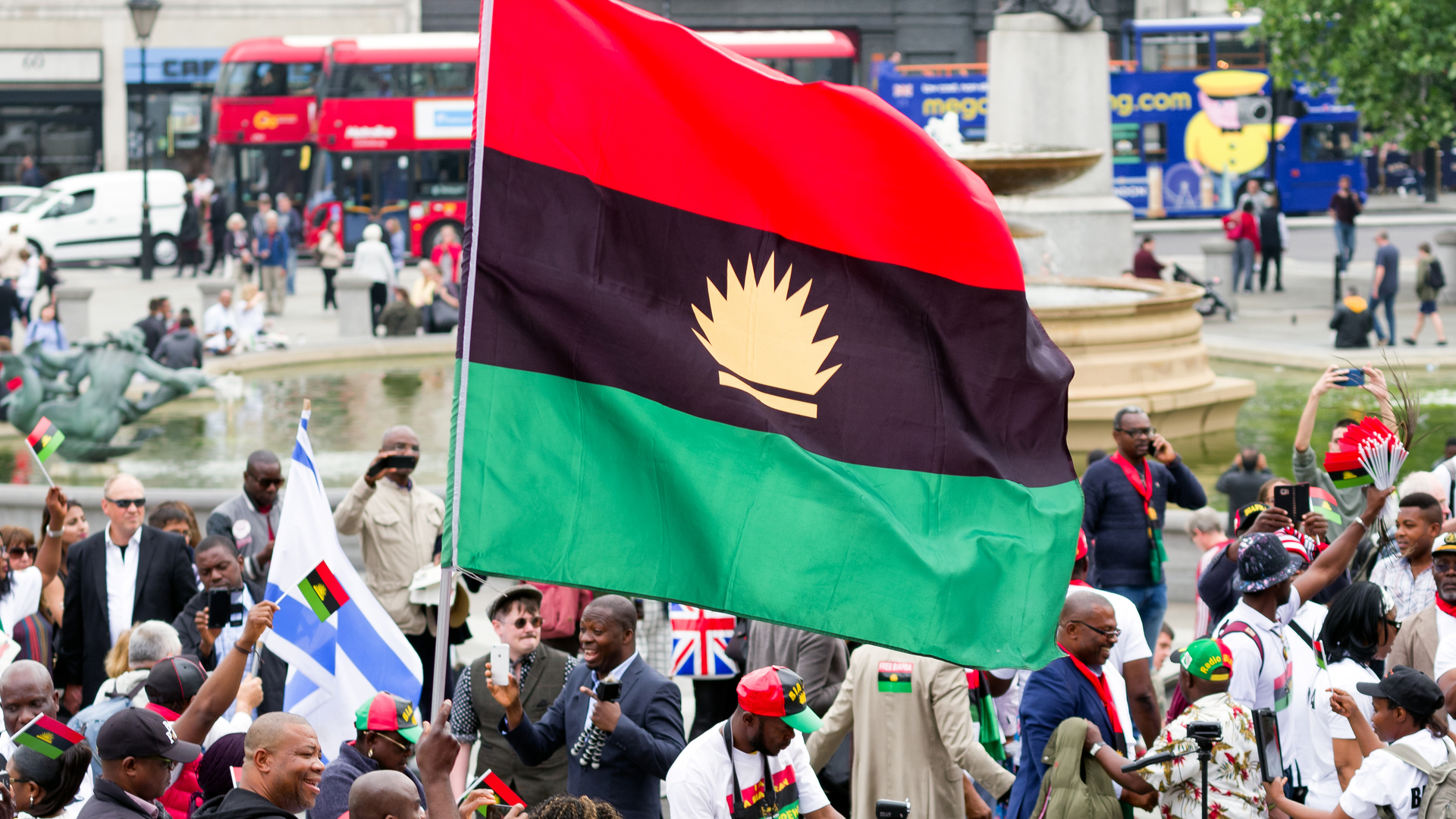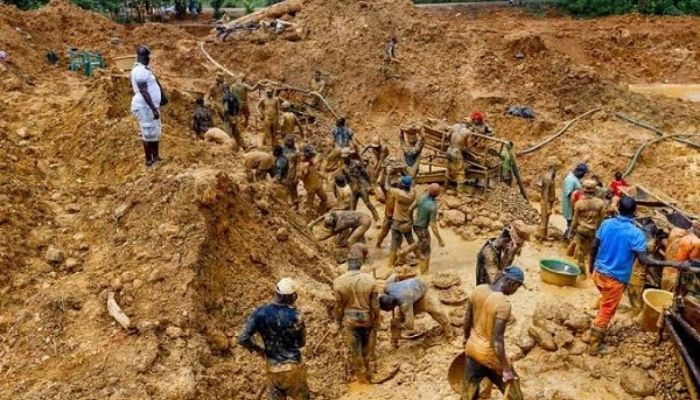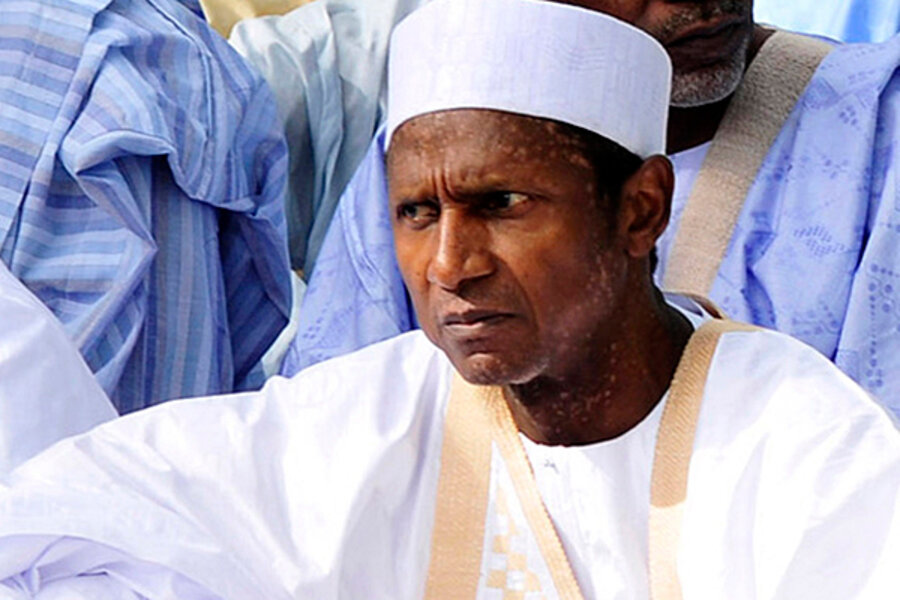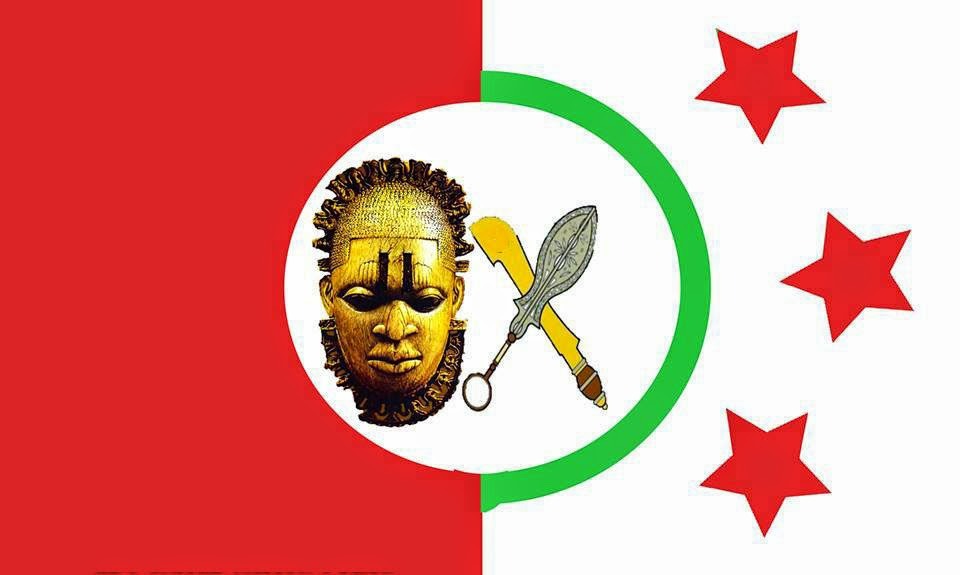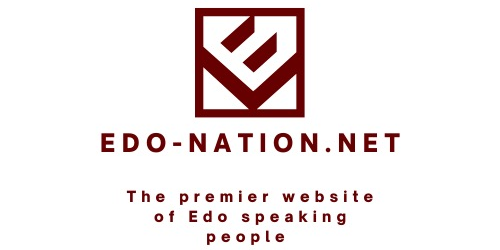The political economy of Nigeria since 1999 has been on a very shaky ground. This is because the nascent democratic experimentation has been unduly militarized, with the constitution disobeyed with impunity, the rule of law wantonly disregarded and the due process flagrantly set aside. There has been a systematic and sustained development of under-development as well as the enthronement of mediocrity, instead of merit. Not only this, there is the imposition of the iron law of oligarchy and the foisting on the polity, of an unprecedented reign of terror as Nigeria is gradually but steadily becoming, not only a banana republic or an organized police state, Nigeria has more or less a failed state, as governance under the leadership of General Olusegun Obasanjo has become a disappearing phenomenon.
In the first four years, of the present administration, the government at the centre under the leadership of General Obasanjo did not know where it was coming from and where it is heading for. The government was in utter disarray, it had no concrete economic plan, it lacked perceptible political agenda that could help mobilize the generality of the people and make them have an unflinching commitment to the Nigerian State. Obviously, there is no social contract between the government and the people, as elections were massively rigged and public office holders imposed on the people. Hence, there is a fundamental disconnect and alienation, between those who are in government and those they claim to represent, that is, the electorates.
It is on record that, since the present came on board in 1999, Obasanjo has increased the price of petroleum products 11 times. The multiplier effects of this misanthropic economic policy on the people and national economy are very horrendous to say the very least. Besides, since 1999 to date, there has been sustained infrastructural underdevelopment, as basic amenities are conspicuously lacking. For instance, in spite of the fact that over $1billion has been spent on the energy sector since 1999, there is no constant power supply in the country; in fact, many places are in perpetual darkness for several months on end. And, this is a problem that smaller neighbouring countries like Ghana, Togo and Benin Republic, for example, have since overcome. They have indeed been celebrating years of uninterrupted power supply. Similarly, in spite of the fact that Nigeria is presently the Sixth largest oil-producing country in the world, in fact, Nigerians are presently the president and Secretary-General of OPEC, the UNDP report said categorically that over 70 per cent of the entire Nigeria population live on less than $1 per day. So, what is the reason for this contradiction?
Furthermore, in spite of the billions of naira that was budgeted for road construction between 1999 and now, most federal highways across the country are in a deplorable state of disrepair. It has become highways of death and death traps, sending many innocent and innocuous citizens to their early graves. All the vital sectors of the Nigerian economy are all in shambles, from education to health, agriculture, solid minerals, aviation, tourism etc. what is presently going on in the country is worse than what took place under the military. The naira has been over-devalued, the GDP is abysmally low, the GNP and per capita are unusually low, the capacity utilization of industry is low, and the economic fortune of the Nigerians State is dwindling at an alarming rate.
It would also be recalled that in the first four years of the present government, the president never stayed in the country, to study very carefully the nature and character of the problem the country is confronted with the aim of addressing them frontally, instead, they kept gallivanting all over the world, claiming, he was looking for foreign investors that would invest in all areas of Nigeria’s vast economy. However, one very important question the president never asked himself is, why are Nigerians themselves not investing in their own economy? Or since when has it become a crime for Nigerians to take interest in their own country first? At least charity they say begins at home, while the people were busy wallowing in abject poverty, want and misery, Obasanjo engaged in unimaginable jamborees, by hosting COJA, CHOGM, Abuja festival just to mention a few, where taxpayers' money was dissipated in conspicuous consumption.
In the second term of his four-year tenure, Obasanjo hurriedly assembled a quasi-economic team that embarked upon economic reforms that were predicated on Washington Consensus, they came out with an economic blueprint without consultations, both within and outside government. And, they started the implementation of IMF/World Bank policies without, first consulting with the people to know exactly what their needs were, and how to address them. Instead, they think, they know best, what is good for the people and the country, hence, there is a gap, between the expectations of the people, and what is actually on the ground. That is why it has been said that the people have not enjoyed the dividends of democracy since 1999. In spite of giving out the contract for the TAM for the four refineries for $11.4billion in 1999, those who preside over the affairs of Nigerians today have formed a cartel that always imports crude oil into the country. And, now of the refinery are not working at full capacity.
The so-called reform agenda of the present government is all about downsizing the workforce, in which over 33,000 civil servants will be retrenched, the selling of our collective patrimony to those in government, privatization of everything, even unity schools, the selective fight against corruption, what has happened in NPA where N84billion is missing? What about NNPC where N311billion is also missing? What happened to Makanjuola, the former permanent secretary of the defence ministry that was initially held for corruption? What about N320billion that was meant for road construction and maintenance from 1999-2003? What about the N6.4billion presidential library fund? What about Transcorp, oil blocks, the acquisition of Nitel, Nicon Hotel etc?
Again, other questions that have been posted to the president directly about his ownership of key national assets are who owns Delta Steel Company? Why was it sold for a paltry $30million when the winning bid was much higher? How come Global Infrastructure has only paid $3million till date? Who owns the two oil blocks recently won by a Korean company? Why was the highest bidder, an Indian oil company, turned down in favour of the Koreans? Who owns Arik Air, for which exclusive agreement signed with Virgin Nigeria has now been broken? How much was Obasanjo farm worth before 1999 and now? Who bought Eleme Petrochemicals? Why was BPE not allowed to cancel the sale despite the fact that Indorama has not been able to pay fully for nearly a year now? How many eggs and chickens were COJA forced to buy from the Obasanjo farm? Who owns the majority shares in Transcorp?
Who owns Ajaokuta Steel Mills, Delta Steel Complex, Jos Steel Rolling Mills, Oshogbo Machine Tools and Itakpe Iron Ore Company? Who really owns Obajana Cement Factory? Who is deceiving whom? Who is the largest shareholder in UBA? Who bought out the shares of Akeem Bello-Osagie and threatened him with arrest and imprisonment? Who has the largest shareholder in First Interstate Bank Ltd, before the merger into Unity Bank? Who owns the majority shares in Virgin Nigeria? This one-man operates six farms in six states of the federation. What is the source of the funds for these massive investments? What is the deal between this one man with the owner of Mittal of India? Why the hurry in granting Block 246 to the Indian conglomerate? Is Nigeria for sale?
So, the anti-graft agency has become a willing tool in the hands of the president to even up with perceived political enemies. What the government is doing is diametrically opposed to what the people want. There is no respect for the rule of law, the constitution, due process, accountability and probity on the part of the government. The government tells blatant lies, deceives the populace and is generally insincere. It is only consistent in being inconsistent.
What has complicated the problem on the ground presently is that the incumbent president wants to hold on to power at all cost for the rest of his life, while the so-called economic reform team are also interested in political power, and have become desperate power seekers. What has happened is that the basic tenets of democracy have been relegated to the background, there is the use of force instead of the rule of law, the country is gradually moving towards a state of lawlessness. The Niger Delta has become very restive, with hostage-taking, kidnapping and arms build-up. There is massive ethnic discontent and unhealthy rivalry as a result of Obasanjo’s misrule, he does not obey court rulings, and he is a lord of the manor and law unto himself. This can be clearly seen in the forceful and unlawful removal of the governors of Bayelsa, Oyo and the Ekiti States as well as the lawlessness, political stupidity and lack of good political judgment that is, presently being played out in Plateau State.
Obasanjo is trying to remove at least 15 governors between now and January, thereby having his own people in government, and then re-introduce the third term agenda, and then ask that he stays in power for at least two more additional years. So, this is what the country has been reduced to, a one-man rule. This is the rule of one man that is holding the whole country to ransom. That is why the country is not working and at a standstill. And, this is the reason why growth and development have eluded the country since 1999 under the government of General Obasanjo.




